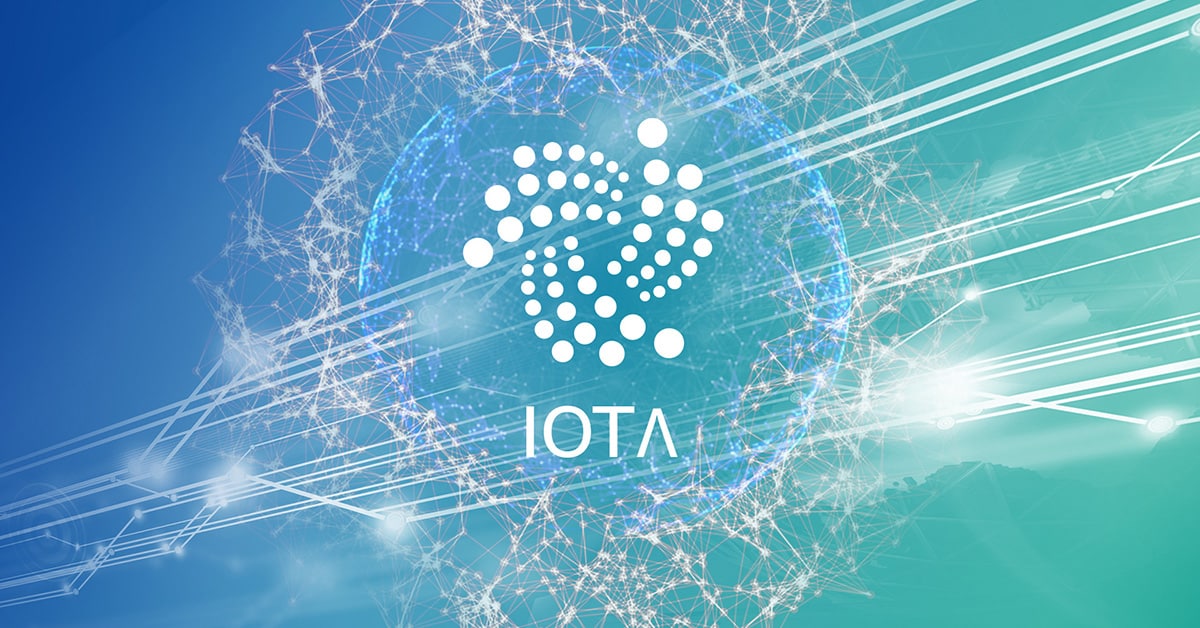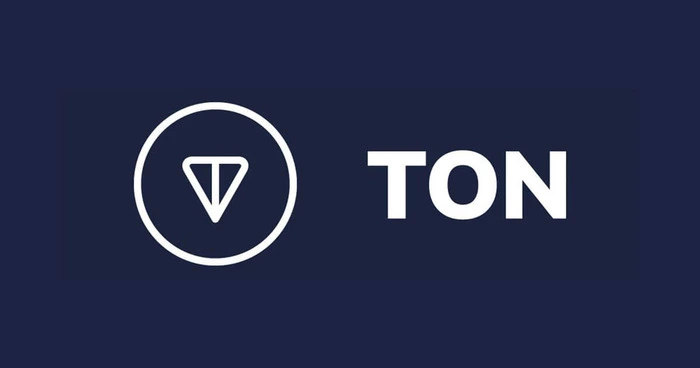- The IOTA Foundation has provided key recommendations on Kenya’s VASPs Bill, urging clearer definitions, stronger consumer protections, and alignment with global standards.
- Their feedback aims to support innovation while ensuring security and regulatory fairness in Kenya’s digital asset space.
The IOTA Foundation has stepped forward with a comprehensive set of recommendations for Kenya’s draft Virtual Asset Service Providers (VASPs) Bill, 2024, commending the country’s efforts to shape a progressive regulatory framework for digital assets. In its detailed feedback, the Foundation emphasizes the importance of clarity, consumer protection, and international alignment to unlock Kenya’s potential as a regional leader in blockchain innovation.
Also read: Ripple Acquires Hidden Road for $1.25 Billion, Revolutionizing Digital Asset Infrastructure
At the heart of IOTA’s feedback is a call for more precise definitions of digital assets and services, aligning with globally recognized standards like the EU’s Markets in Crypto-Assets (MiCA) regulation. The Foundation suggests that clearer classifications will help reduce regulatory ambiguity and offer businesses a more predictable legal environment.
Another major theme in IOTA’s response is the protection of consumers and the integrity of digital markets. The Foundation recommends stronger cybersecurity provisions and clearer requirements for virtual asset custody, aimed at ensuring the safety of users’ funds and data. These enhancements would establish trust in Kenya’s crypto ecosystem and attract responsible players from around the world.
IOTA also advocates for transparent and fair regulatory processes, including defined compliance timelines and appeal mechanisms for service providers. Such procedural clarity would not only protect businesses but also enhance the credibility and enforceability of the regulatory framework.
Crucially, the Foundation underscores the need to recognize the unique dynamics of decentralized finance (DeFi) and token offerings, urging regulators to account for the decentralized nature of many blockchain platforms. This, it argues, will ensure that Kenya’s laws remain adaptable and relevant in the face of rapid technological change.
By integrating IOTA’s suggestions, Kenya has the chance to craft a future-ready, innovation-friendly legal landscape—one that balances growth with security and attracts both local entrepreneurs and international investment. As digital finance continues to evolve, Kenya’s approach to regulation could set a benchmark for other emerging economies navigating the blockchain era.




